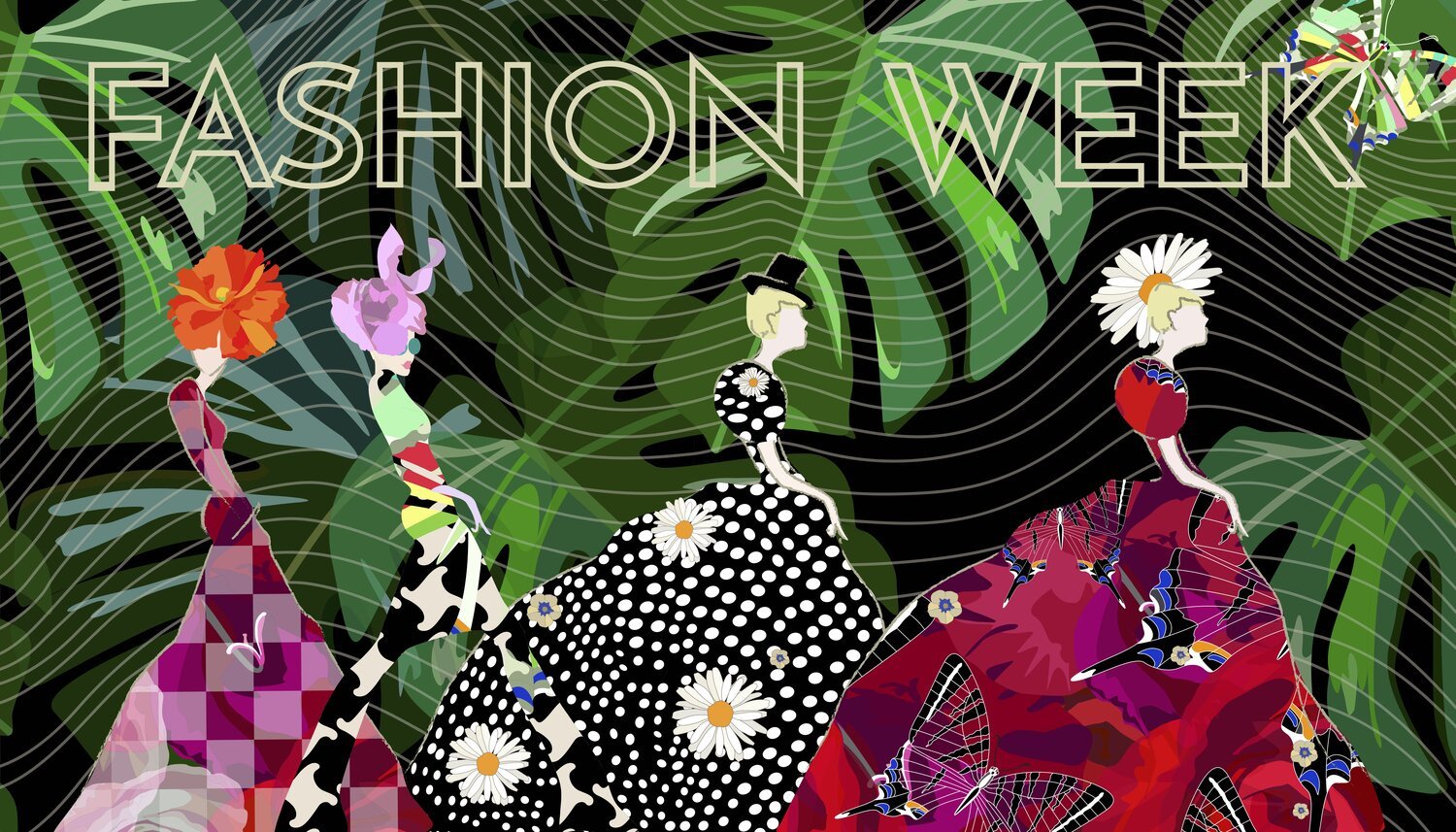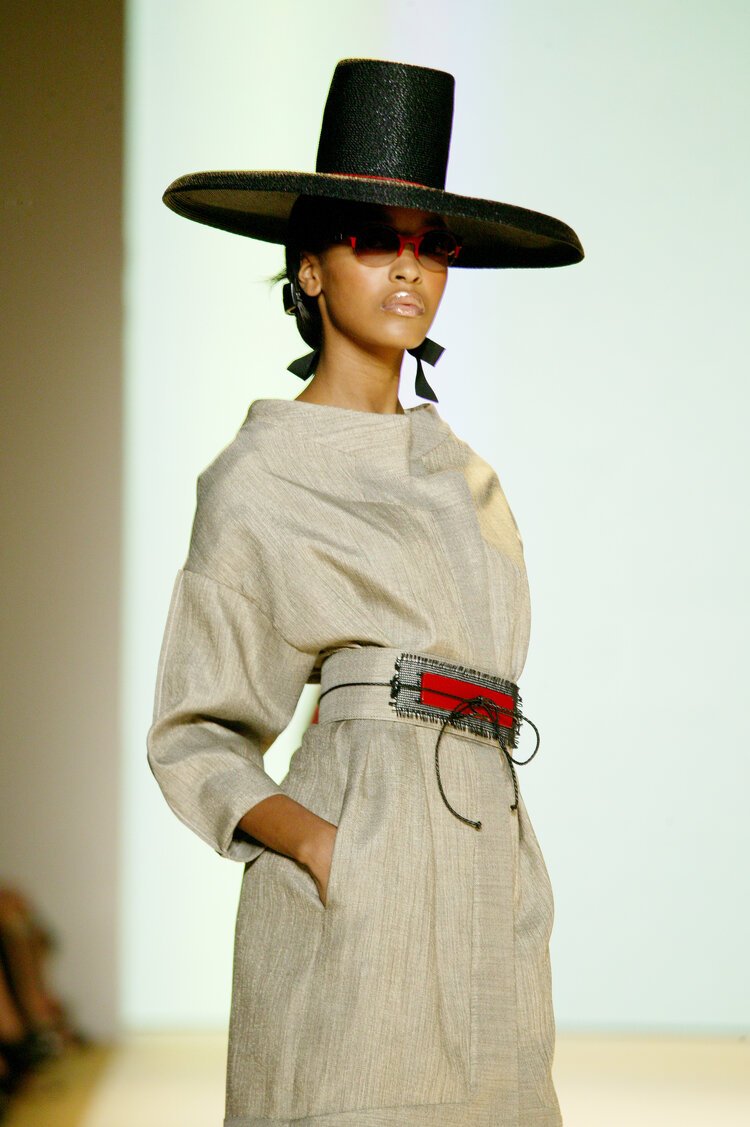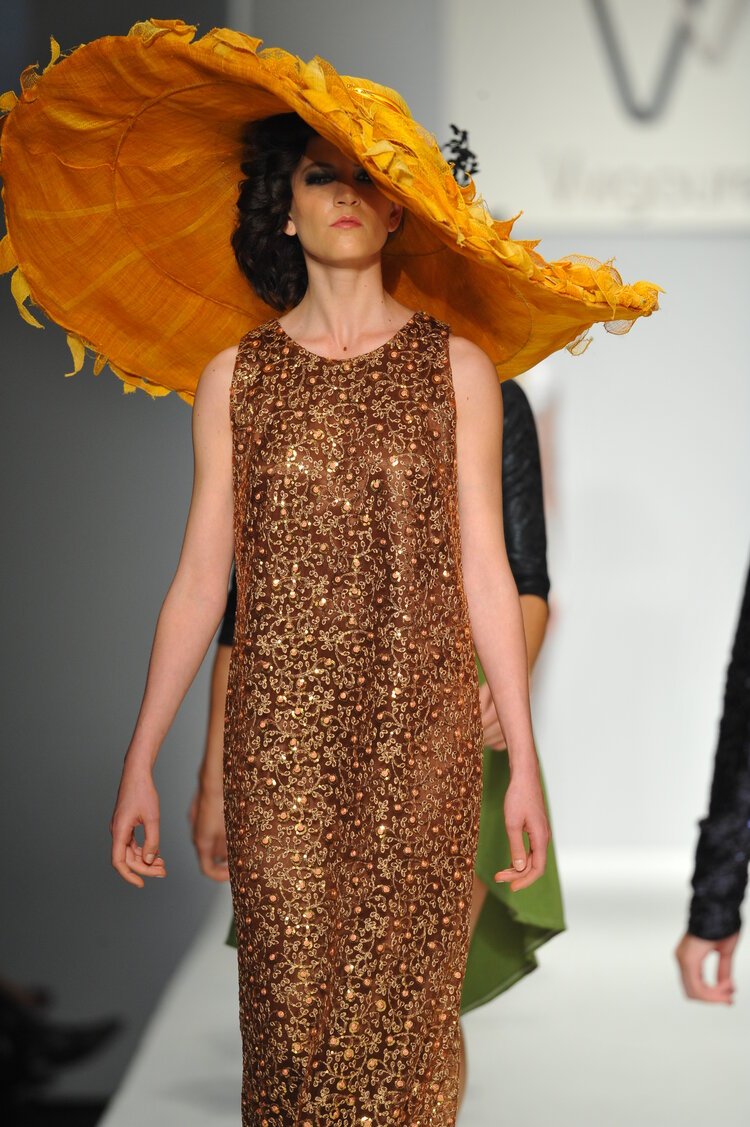From Catwalk to Clickwalk
As fashionistas across the globe are eagerly awaiting the unveiling of next year’s collections, the industry is adapting and evolving - asking itself if the pandemic has altered the traditional fashion show model for this year alone or whether digital fashion is here to stay.
With large scale events facing an uncertain future, top brands have used this forced hiatus to reassess how they do things. And while this month the industry will continue to keep the spirit of the runway alive through a number of physical shows, immersive and augmented technologies will also be used.
London’s fashion week kicks off on September 17th with a number of male and female designers taking part in a gender-neutral showcase. A number of traditional shows will take place, but they will follow the government’s social distancing guidelines. An earlier statement from the BFC highlighted that the “digital LFW platform will continue to host exclusive multimedia content and will be available to both a consumer and trade audience, enabling collaboration and bringing together fashion, culture and technology.’’
Top Fashion house Burberry was well ahead of the game and announced earlier this summer that whilst it would host a physical show, the event would also be digitally streamed and available to all. In a press release the brand stated ‘’Now more than ever, we have to reimagine, to change.’’ Burberry added that their offering "set in the British outdoors, the spring/summer 2021 collection will come to life on the 17 September as a live physical presentation that is open for all to experience digitally – opening new spaces to our global community as we reconnect with nature and each other." Paris, New York and Milan Fashion Weeks will also host traditional shows, complemented by digital support.
Further afield, Shanghai Fashion Week was the first fashion week to stream a fully digital show back in March. According to an article in the South China Morning Post: “The organisers set up a green screen and use[d] augmented-reality technology to boost the visual effect.’’ While many designers live-streamed a traditional catwalk, others created a more cinematic experience. Doing this eliminated the need for travel and cut down significantly on the event’s carbon footprint, something fashion weeks are usually heavily criticized for.
Innovation during the pandemic has helped fashion brands become more sustainable business models as well as appearing current, relevant and engaging to their audiences. Perhaps this is the next stage in the industry’s evolution – more inclusive, more ethically conscious and more dynamic than ever before.
Either way, we are super excited to see what comes of the upcoming Fashion Weeks and what trends are being set for SS21.
Katherine x




